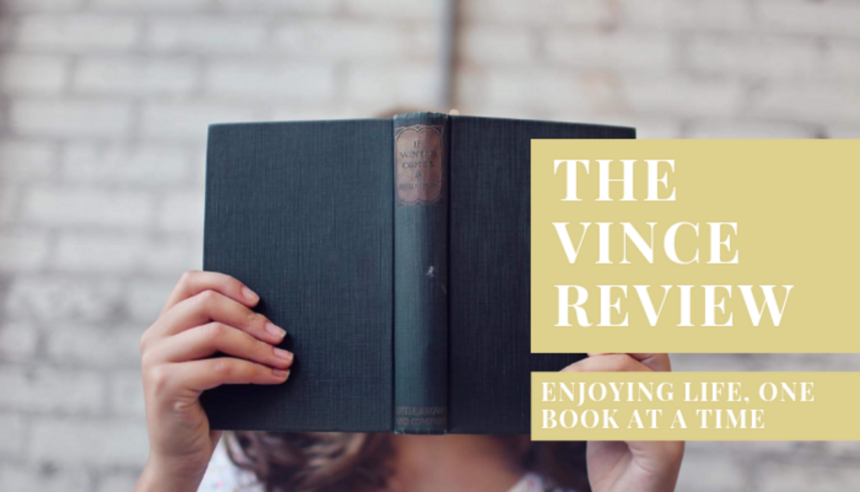Friday, September 9, 2016
The freedom of admitting, 'I don't know.'
I grew up regarding this as a cop-out phrase. If you're a student who gives this answer in class, you're a loser. If you're a parent who gives it to young children, you might lose your credibility. And if you're being trained up for anything, you might even be given a little booklet to memorise in the event of being taken off guard, all so you can avoid those three words.
I remember standing under the shower one day as a teenager, trying to remember some multi-step mantra from a self-help book which was guaranteed to provide all the necessary answers for something or other. I was getting really frustrated because I thought had it down pat, but I'd forgotten a bullet point or two. Even though I clearly remember the angst of that day, I can't remotely remember whatever the subject was. I seem to have been living well enough without it for all this time.
I also remember an episode, early on in our homeschooling, when I started thinking about the craziness of blindly accepting the opinions of those who profess to know it all. The postman had dropped off a delivery of kindergarten text books for Emma, who hadn't yet turned five. She was so excited that she went racing through the house, jumping up and down, turning cartwheels, and shouting out, 'They're here! They're here!' Having table work to do like her big brother made her so proud of herself. I'll never forget her wide smile. (That reaction to the arrival of school work soon changed.)
Her brother's response to her excitement stuck in my mind too. Logan rolled his eyes, gave a cynical sort of smirk, and said, 'How can she get so excited over such baby work? It's just colouring in and alphabet letters. She doesn't have a clue how hard it's going to get.'
The significance dawned on me later. His comment was meant to come across so worldly wise, but he was just an eight-year-old doing rudimentary multiplication sums, simple spelling words and one page book reports. Yet he spoke like someone with a wealth of academic knowledge behind him. He didn't have a clue how much he still didn't know.
My question was, Do we all do that? Is there ever a safe time to assume that our knowledge base is extensive enough? How about the professor who's renowned as an expert in his field? Or the scholar who loves theological debates and thinks he's worked everything out? Or the text book author who seems to love writing long, confounding sentences with big words? We all think they look smart, but are they really just the same as my Grade Three son? From a celestial perspective, we are all just kids who won't figure out all the answers in this life time, no matter how far along the path of knowledge we may consider we've come. I thought it might be a good idea to start reminding myself to relax my expectations that there should be clear answers available for everything.
Since then, I've come across supporting opinions written by a variety of sages that true wisdom lies in being a perpetual learner. Their writing challenged me to wonder whether I'm willing to loosen my grasp on everything I think I know. Could I be satisfied to simply wonder whether something might be true, instead of getting uptight if I can't find out for sure? I wasn't certain I could answer yes to that. Our modern western society shapes us to believe that knowledge equals power. From our early years, we're impressed that our teachers know so much, and we know so little. The term 'learner' is one we'd prefer not to describe us for too long, because we believe it's far better to be a 'knower.'
'Let's free ourselves from the limits of certainty,' somebody suggested. I forget who it was, but I like it a lot. We've come to a good place when we're simply able to trust the hidden power that undergirds the life we know, without insisting on knowing all the ins and outs, which is impossible. (I like to think of this source of power as the omnipresent, personal and all-knowing God presented in the Christian Bible. I know that while others are different, we all agree that there is something or someone there beyond what we can ever fathom.) This includes being able to say, 'I don't know,' honestly without being bothered by that, or feeling like a flop.
Rainer Maria Rilke once wrote, 'Be patient toward all that is unsolved in your heart. Try to love the questions themselves.'
And thousands of years ago, Socrates said, 'True wisdom is in knowing you know nothing.' I think he might have also added that the truly unintelligent are often recognisable as those who think they know a lot, but it might have been someone else. Still makes a bit of sense.
Image courtesy of Pixabay
Subscribe to:
Post Comments (Atom)


No comments:
Post a Comment